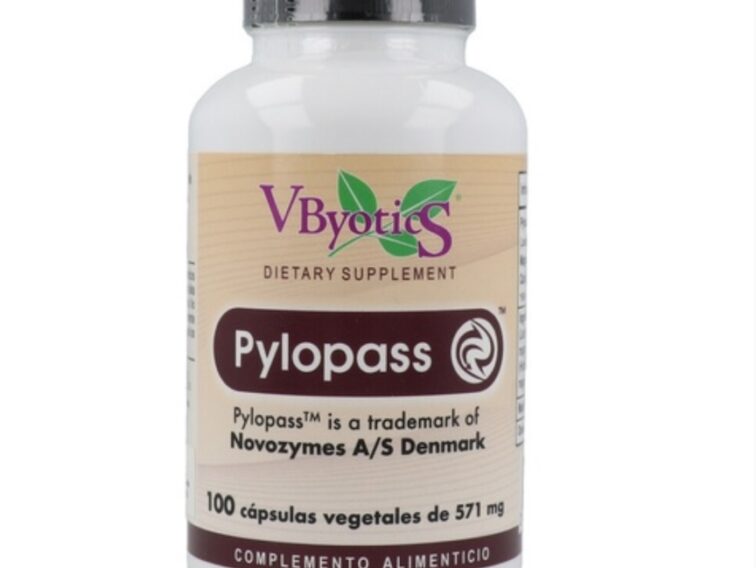A common root cause of small intestinal bacterial overgrowth is low stomach acid combined with poor motility. Low stomach acid can be caused by h. pylori, mineral deficiencies (cobalt, sodium and zinc) and stress/flight of flight.
Low stomach acid can cause symptoms like reflux or GERD and often people that complain of this or have ulcers are put on acid blocking medications. Those medications lower stomach acid further, and even if they help with reflux symptoms, they make the body more vulnerable to developing a bacterial overgrowth in the small intestine (SIBO).
SIBO causes distressing digestive, plus emotional and cognitive issues (anxiety) that can be hard to address.
Preventing SIBO, especially when on PPI (acid reducing meds) is a much better strategy than dealing with it after it happens. The info in this blog post may help prevent bigger problems down the line.
Studies have shown that taking certain probiotics and a motility activator can help lower the chances of developing SIBO from use of acid reducing meds. This could also apply to low stomach acid from stress. Chronic stress can also impact the body’s ability to sweep bacteria through the small intestine (this is also called the migrating motor complex or motility). Here are some ways of supporting the nervous system (vagus nerve), motility and stomach acid.
Protocol to prevent SIBO
I created a supplement protocol on Fullscript, the online dispensary I use with clients. You can sign up for Fullscript here, it’s very fast. And when you do you can search for my SIBO prevention protocol template to find all these products there.
There is a special strain of lactobacillus reuteri-DSM17648 that has been trademarked as pylo-pass. I recommend this to clients who are naturally addressing h. pylori.
There are several products that contain it, but the one I like is in my SIBO prevention protocol on Fullscript.
In the SIBO prevention protocol there is also a prokinetic I use with clients who have completed a SIBO protocol and cleared the infection.
Ginger is a great pro kinetic and this natural motility agent is made up of concentrated powdered ginger and 5HTP. If you can’t tolerate ginger you can try Iberogast instead as an alternative pro kinetic.
I also have the recipe for ginger pickle in my h. pylori rescue guide. It helps support stomach acid and motility.
Anything that reduces stress levels and supports the nervous system will keep the body from becoming a weak and vulnerable host. Probiotics, when well tolerated can help nourish the vagus nerve and immune system. Keeping blood sugar stable is also key for nervous system health.
Another favorite probiotics of mine is Saccharomyces boulardii. It is SIBO safe and helps support the biome and immune system in times of stress. Always take it when you are on antibiotics to minimized the damage.
Another great tool for stomach acid support is digestive bitters. Bitters help with bile flow, which is important for the digestion of fats. But it also helps digest protein and carbs. I have added the alcohol-free bitters I recommend to clients in my Fullscript SIBO prevention template that is called SIBO prevention.
There are things you can do that are free.
Taking time to slow down and calm the system before eating will boost stomach acid and the ability to digest your food so you get fed instead of the bacteria. Take a few deep breaths and focus on your food. Don’t do anything else while eating. If fear comes up, shake your body a bit to discharge the anxiety from your body. This is what animals do to reset the nervous system after facing danger.
Lemon juice or apple cider vinegar can boost stomach acid also. Be careful, if you have histamine issues or any ulcerations in your esophagus or stomach, these may not work for you.
Digestive enzymes can be helpful for digestion if your body doesn’t make or release enough of its own. If the body makes enough enzymes, then supplementing enzymes won’t help at all. The GI Map is a gut test that measures enzyme production and will tell you if you are lacking in enzymes.
Using the right stomach acid support, probiotics, prokinetics and practicing good eating habits in times of stress or after antibiotic or during PPIs can help prevent digestive problems from developing.
Everyone knows that prevention is the best medicine, and now you know how to help prevent potential problems from developing or current issues from getting worse.


